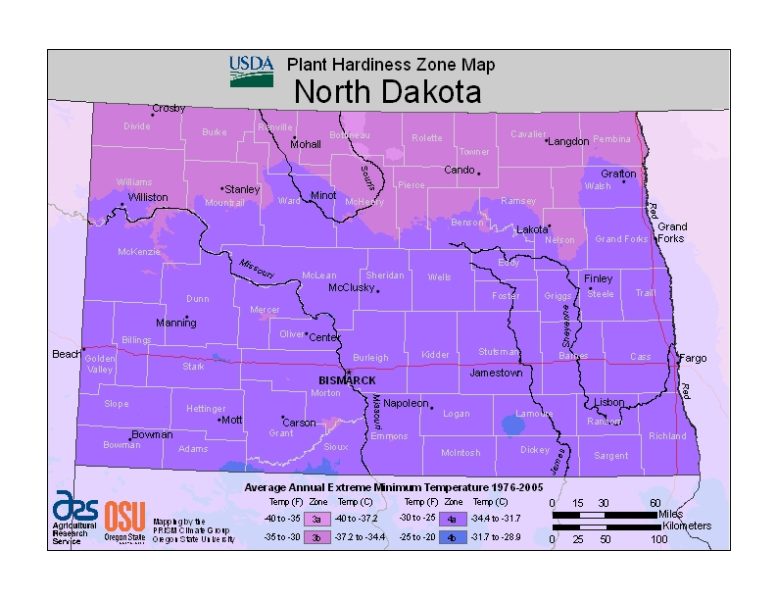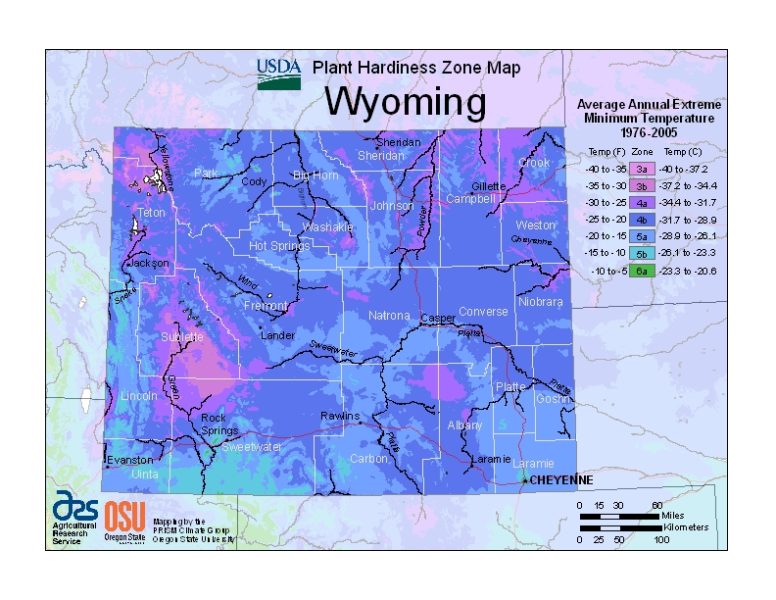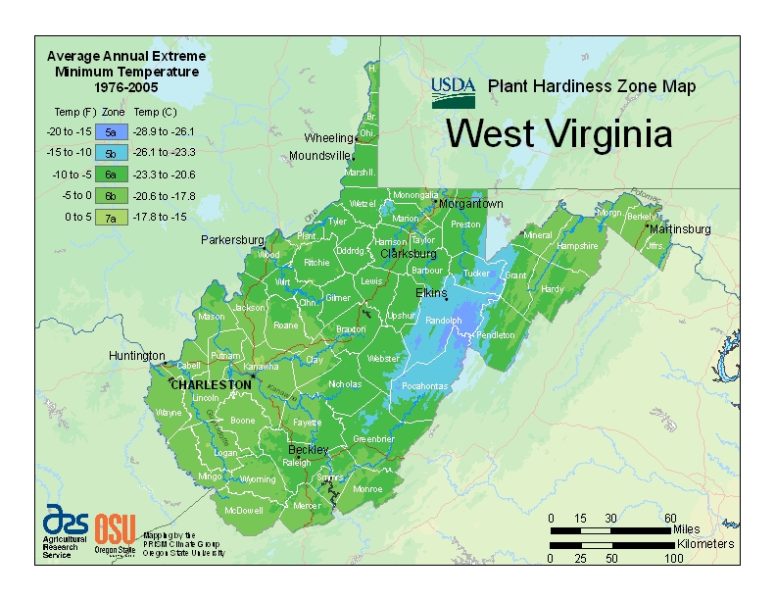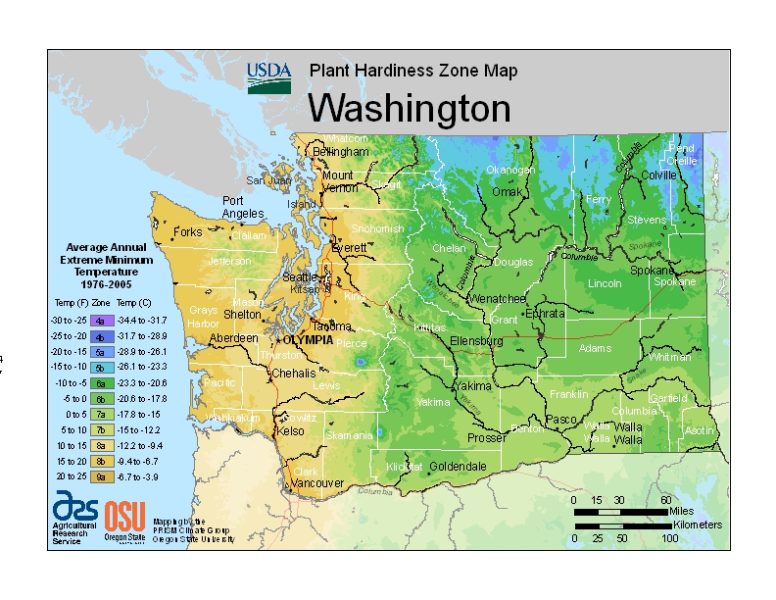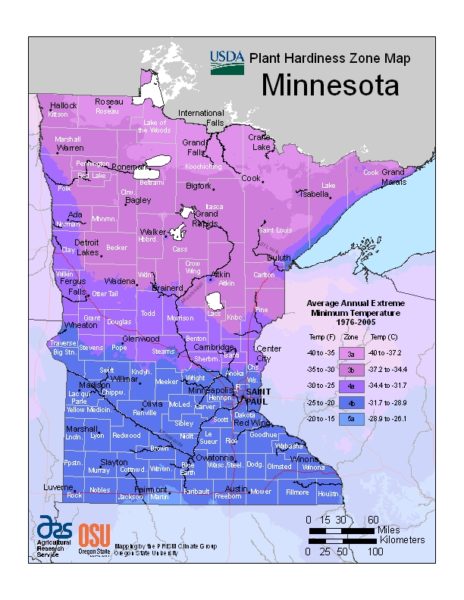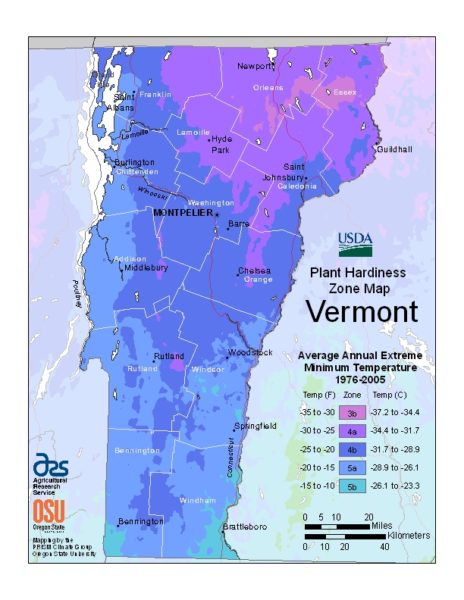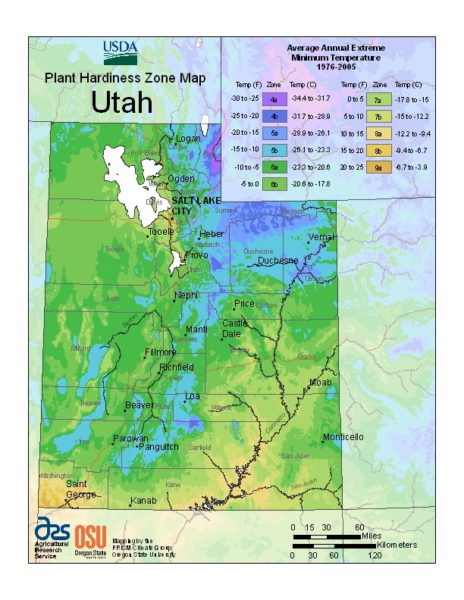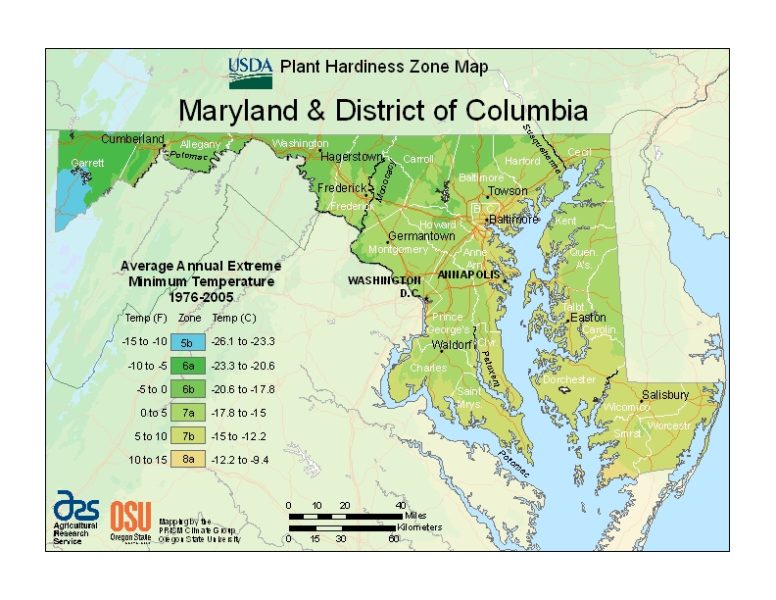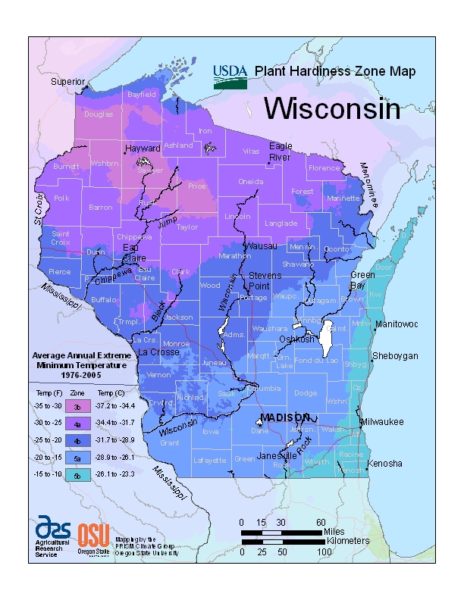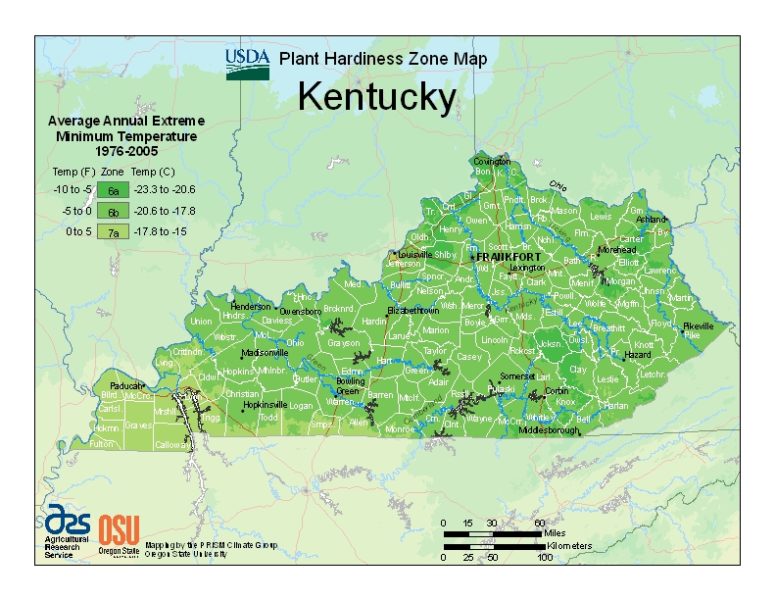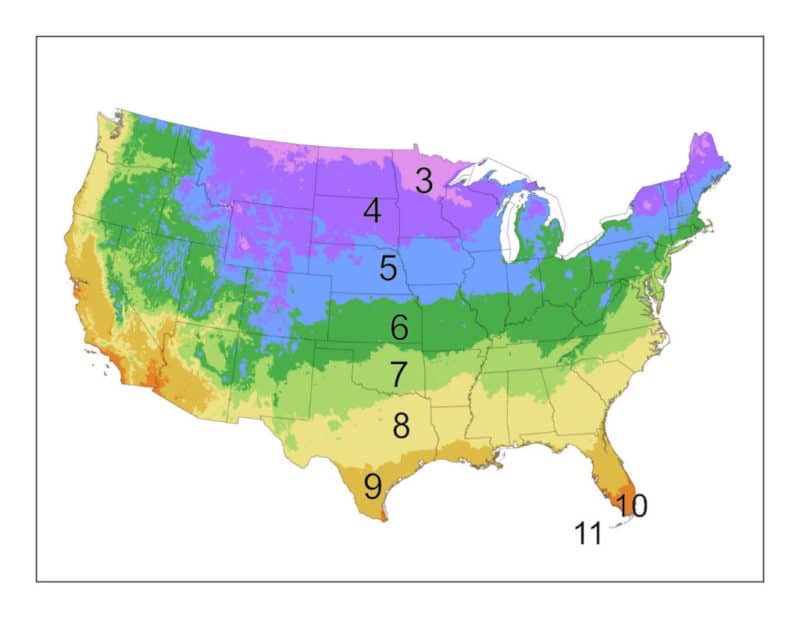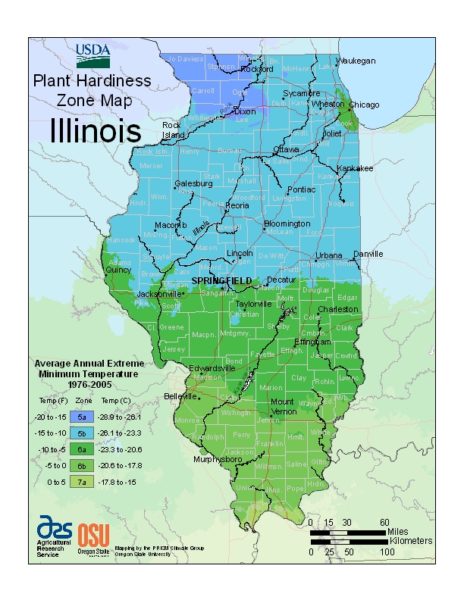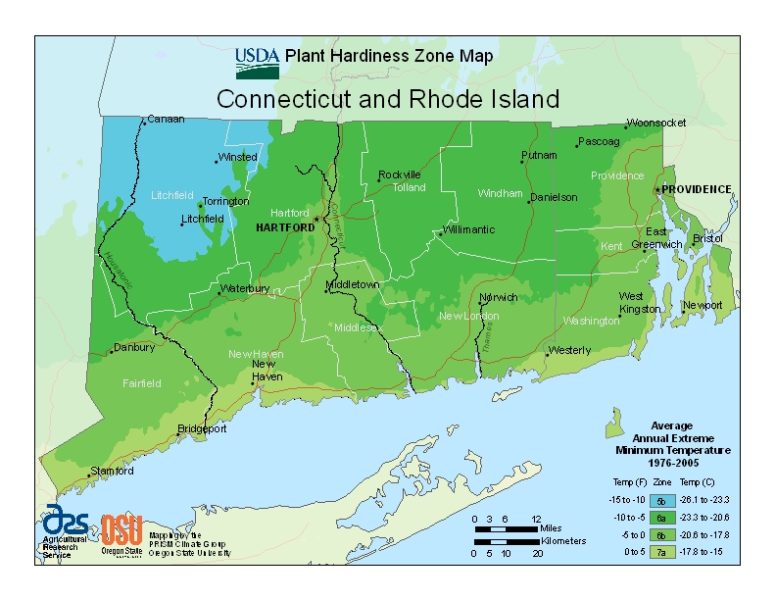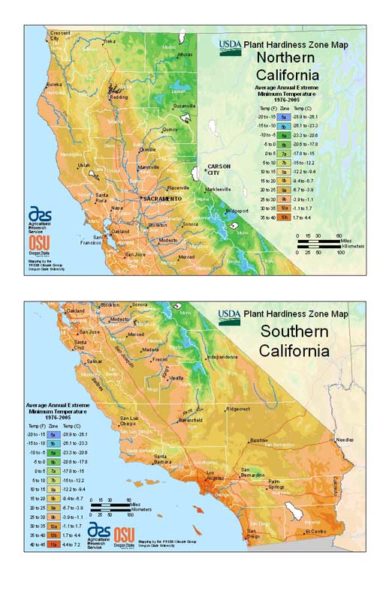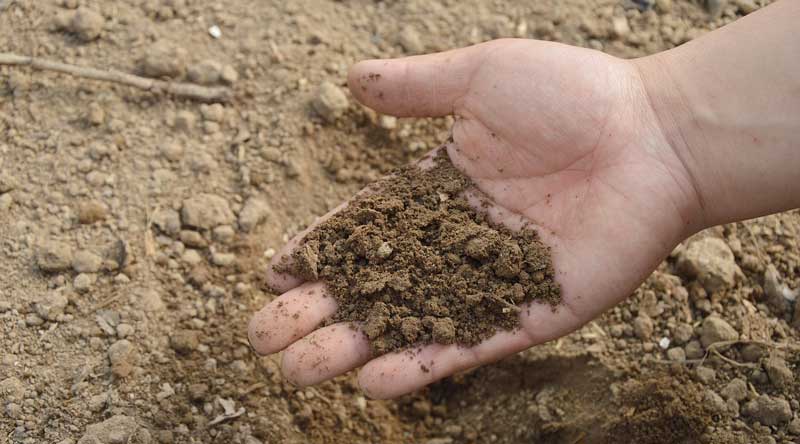
Last Updated on February 17, 2024
How to Get Your Soil Tested State by State
Introduction
Getting your soil tested is like giving your landscape a health check-up, crucial for any homeowner. Understanding what lies beneath the surface can be the key to unlocking a green, weed-free lawn, stunning landscapes, or vibrant flower beds. Let’s dive into the world of soil testing, state by state, to unearth the secrets hidden in your backyard.
Benefits of Soil Testing
When you get your soil tested, magic happens beneath the surface. You’re not just planting grass seeds or flowers; you’re planting opportunities. By optimizing soil health, you’re setting the stage for healthy plants, increased growth rates, and a more sustainable environment around you.
State-wise Overview of Soil Testing Services
Most state cooperative extension offices (every county has one) will test your soil for free. Find your local Extension office. Most will even offer the soil gathering kit.
There are also soil test kits available at most local garden centers ranging in price from $5 to $25.
Steps to Get Your Soil Tested
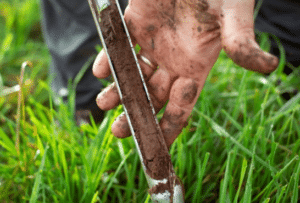 To embark on this soil journey, you must first collect soil samples that represent your land accurately. It is important to get samples from 3 to 4 different areas to get a comprehensive soil report.
To embark on this soil journey, you must first collect soil samples that represent your land accurately. It is important to get samples from 3 to 4 different areas to get a comprehensive soil report.
Choosing the right testing method and understanding how to decipher the results are crucial steps in this soil exploration.
Preferably, you want to use soil that is 2 to 6 inches below the surface. That is the soil where the roots will get their nutrients.
State Regulations and Requirements
States often have specific rules regarding soil testing, ensuring that sustainable practices are followed to protect the land and water resources. Violating these rules could have legal repercussions, underlining the importance of compliance.
DIY vs. Professional Soil Testing
While at-home soil testing kits offer convenience, professional services provide in-depth analysis and recommendations tailored to your soil’s unique needs. Deciding between the two options could determine the success of your gardening endeavors.
Understanding Soil Test Reports
There are 16 nutrients needed for plant growth and development. 13 of these nutrients are typically already in your soil. Three nutrients, however, need to be added to your soil to make sure you get the most out of your yard and garden. They are nitrogen, phosphorous, and potassium (N, P & K).
From pH levels to nutrient concentrations, soil test reports contain a wealth of information. Learning how to interpret and act upon these findings can be the difference between average harvests and outstanding yields.
Importance of pH and Nutrient Levels
pH levels affect your soil’s acidity or alkalinity, influencing plant growth and nutrient availability. Understanding major nutrients like nitrogen, phosphorus, and potassium is crucial for fostering healthy plants and maximizing yield.
Soil Amendments and Fertilization
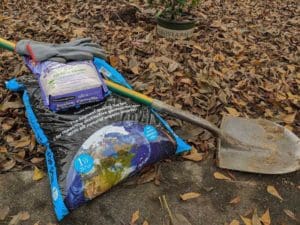
Most homeowners tend to estimate and end up putting down too much fertilizer. The excess fertilizer then leaches to the groundwater and ends up in nearby ponds and creeks. Too much fertilizer can harm the natural habitat. Too many nutrients can also stress your plants, causing other growth issues.
Whether you opt for organic amendments or synthetic fertilizers, knowing how to enhance your soil’s fertility is key. Correcting deficiencies and maintaining a nutrient balance can transform your gardening efforts.
The other side of the risk you take with estimating fertilizer is not applying enough. Not giving your lawn & garden enough nutrients risks slower or even unhealthy development.
Your county’s Agricultural Extension Office should offer free advice on how much fertilizer to use. Most local garden centers have experts as well who can help you out.
Choosing the Right Plants Based on Soil Test Results
Your soil’s composition guides plant selection. By matching plant varieties to your soil conditions, you’re setting the stage for a lush garden and landscape. Adapting your gardening practices ensures mutual flourishing.
Be sure to check out our ranking of the top 20 online plant nurseries. Buying online offers you more selection but you want to be able to buy in confidence. We rank them from first to worst.
Economic Benefits of Soil Testing
Investing in soil testing is investing in the future. By making informed decisions based on soil analysis, you’re not just saving money; you’re also supporting long-term soil health and productivity.
Environmental Impact of Soil Testing
A healthy soil means a healthy environment. By reducing chemical runoff and pollution through proper soil management, you’re playing a vital role in promoting sustainability and mitigating environmental degradation.
Challenges in Getting Your Soil Tested
While the benefits of getting your soil tested are immense, challenges exist, especially in rural areas where accessibility to testing facilities can be limited. Ensuring accurate sampling techniques is vital for reliable results.
Conclusion
In the tapestry of yard and gardening, getting your soil tested is the thread that binds success. From improved trees, shrubs, and grass to environmental stewardship, the benefits are far-reaching. Take the plunge, get your soil tested, and watch your landscape flourish like never before.
Frequently Asked Questions
Soil testing is beneficial for any type of gardening to ensure optimal plant growth and maximum yield. It is recommended to test your soil at least once every 2-3 years, or whenever you notice a decline in plant health or growth. Absolutely! By understanding your soil's needs, you can avoid over-application of fertilizers, saving both money and reducing environmental impact. Yes! Most state cooperative extension offices (every county has one) will test your soil for free. Just search “find local extension office” to get contact info for office nearest you.
Is soil testing necessary for all types of gardening?
How often should I get my soil tested?
Can soil testing help me save money on fertilizers?
Are there any free soil testing options available?
- Summer’s Saviors: 7 Drought Tolerant Perennials to Plant Now - July 26, 2024
- Why Your New Plants Sleep, Creep, Leap - July 26, 2024
- 5 Easy Landscape Tips to Increase Your Home Value - June 28, 2024



